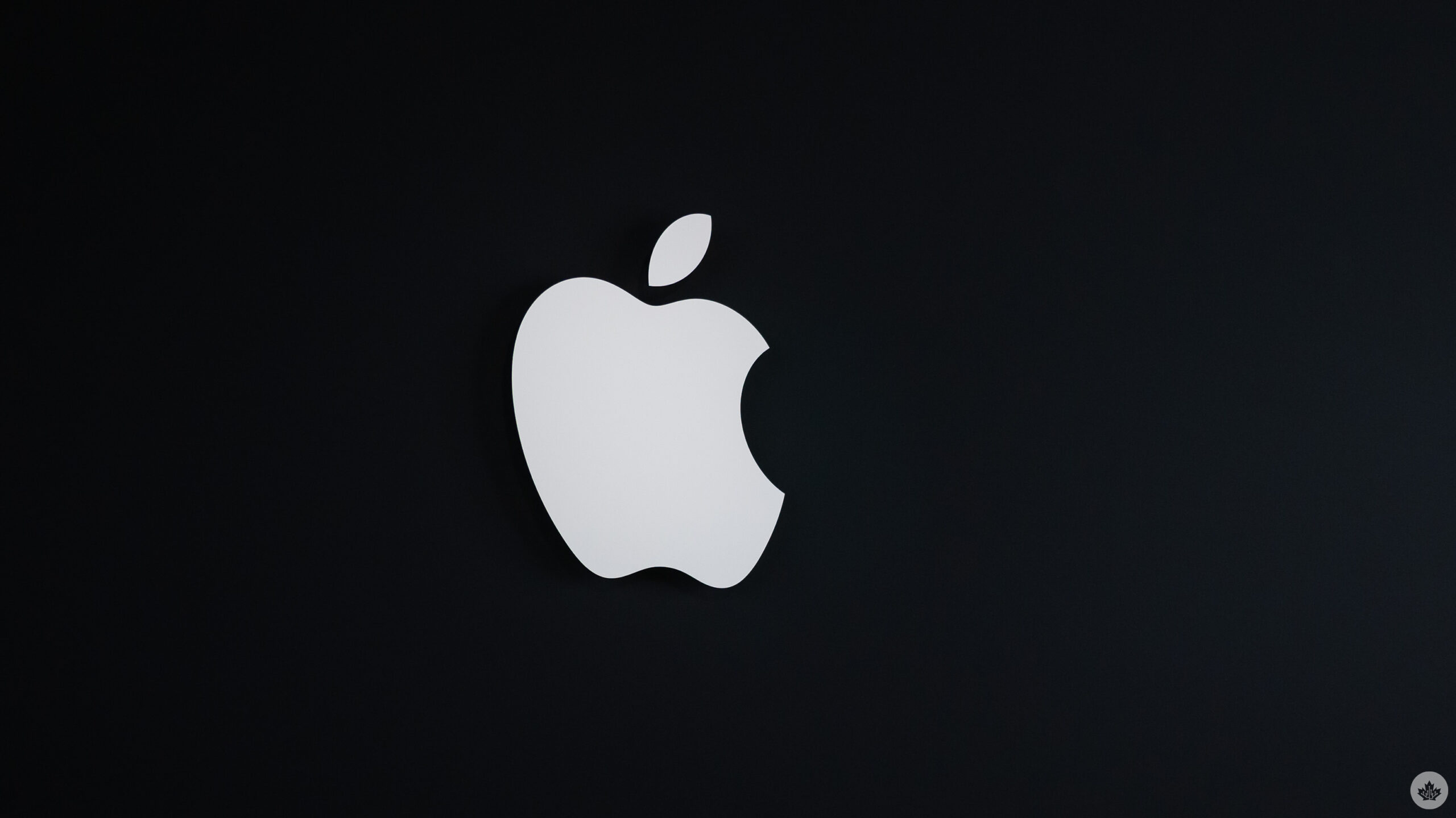
U.S. Judge Yvonne Gonzalez Rogers issued a permanent injunction in the Epic Games v. Apple case on September 10th. Under the ruling, Apple must allow other forms of in-app purchases:
“Apple Inc. [is]… permanently restrained and enjoined from prohibiting developers from including in their apps and their metadata buttons, external links, or other calls to action that direct customers to purchasing mechanisms, in addition to In-App Purchasing and (ii) communicating with customers through points of contact obtained voluntarily from customers through account registration within the app.”
The injunction concludes a lengthy and bitter court battle between the companies. Epic argued that Apple’s App Store fees were a monopolistic tax, while the iPhone-maker said the fees were a necessary operating cost. However, Gonzalez Rogers explained in the full ruling that neither company was entirely correct.
“The relevant market here is digital mobile gaming transactions, not gaming generally and not Apple’s own internal operating systems related to the App Store,” wrote Gonzalez Rogers. Going by that definition, “the court cannot ultimately conclude that Apple is a monopolist under either federal or state antitrust laws. Nonetheless, the trial did show that Apple is engaging in anti-competitive conduct under California’s competition laws.”
In other words, Apple’s effort to block alternate payment methods in apps was anti-competitive. Going forward, Apple will need to allow developers to offer other forms of in-app purchases if they choose.
Apple also had a few wins in the ruling
Still, the ruling wasn’t all bad news for Apple. Gonzalez Rogers ruled in Apple’s favour with regard to Epic Games’ breach of the App Store contract. She ordered the company to pay Apple 30 percent of $12.1 million USD for money earned between August and October 2020 plus 30 percent of any revenue earning from November 2020 until today. Moreover, Gonzalez Rogers ruled that Apple’s decision to terminate the Epic Games developer account was lawful:
“(2) a declaration that (i) Apple’s termination of the DPLA and the related agreements between Epic Games and Apple was valid, lawful, and enforceable, and (ii) Apple has the contractual right to terminate its DPLA with any or all of Epic Games’ wholly owned subsidiaries, affiliates, and/or other entities under Epic Games’ control at any time and at Apple’s sole discretion.”
That also means Apple isn’t required (at least legally) to reinstate the Epic Games account. Should Apple choose not to allow Epic back onto the App Store, Fortnite will remain unavailable to Apple devices going forward.
Epic CEO Tim Sweeney said the ruling wasn’t a win for developers or consumers on Twitter. Sweeney went on to say that Fortnite will return to the iOS App Store “when and where Epic can offer in-app payment in fair competition with Apple in-app payment.”
Today’s ruling isn't a win for developers or for consumers. Epic is fighting for fair competition among in-app payment methods and app stores for a billion consumers. https://t.co/cGTBxThnsP
— Tim Sweeney (@TimSweeneyEpic) September 10, 2021
For Apple’s part, it welcomed the ruling with the following statement:
“Today the Court has affirmed what we’ve known all along: the App Store is not in violation of antitrust law. As the Court recognized ‘success is not illegal.’ Apple faces rigorous competition in every segment in which we do business, and we believe customers and developers choose us because our products and services are the best in the world. We remain committed to ensuring the App Store is a safe and trusted marketplace that supports a thriving developer community and more than 2.1 million U.S. jobs, and where the rules apply equally to everyone.”
It’s worth noting that the iPhone-maker did not mention any of the concessions the ruling required it to give, and continued to peddle the idea that its App Store rules apply equally to all developers, despite evidence to the contrary.
What’s next for Apple and Epic?
The Verge notes that these new restrictions echo some provisional anti-steering restrictions placed on Apple outside the U.S. For example, Apple recently allowed app developers to offer alternate payment methods over email, agreed to allow outside signup links for ‘reader’ apps like Netflix and Spotify following a Japanese regulatory investigation. Moreover, a recent South Korean law also opened the door for alternate payment systems in the app store.
The ruling will likely have significant impacts beyond Apple and its App Store. Epic sued Google for similar reasons, and the search giant is also battling an antitrust suit filed by several U.S. state attorneys general.
However, it remains to be seen how much the ruling will impact developers and users on Apple’s platform. It also remains to be seen what, if any, appeals follow the ruling.
Source: The Verge
MobileSyrup may earn a commission from purchases made via our links, which helps fund the journalism we provide free on our website. These links do not influence our editorial content. Support us here.


